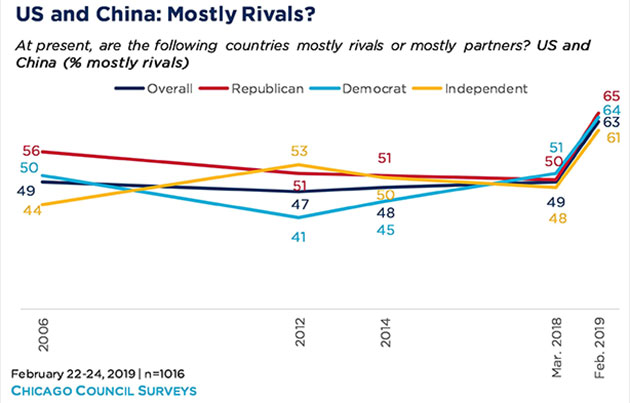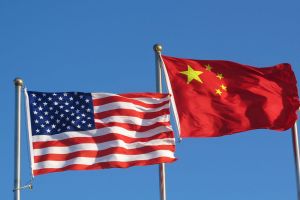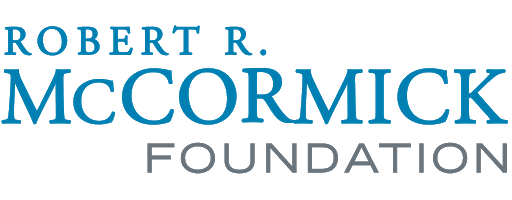According to foreign policy leader surveys concerns about a potential trade war between the US and China are widespread.
Introduction
According to surveys conducted in 2018 among foreign policy opinion leaders by the Chicago Council on Global Affairs and the University of Texas, and the results of the 2018 Chicago Council Survey of the general US public, concerns about a potential trade war between the United States and China were already widespread before this most recent escalation
Summary
The Trump administration has taken an aggressive line on US-China trade issues. Starting with steel and aluminum tariffs in March 2018, the United States has gradually imposed a number of tariffs on various Chinese goods. China responded in turn to each round. Recent negotiations, though initially fruitful, foundered on issues of Chinese subsidies and what US trade representative Robert Lighthizer described as "an erosion in commitments by China."1 Now the escalation cycle has resumed.

According to surveys conducted in 2018 among foreign policy opinion leaders by the Chicago Council on Global Affairs and the University of Texas,2 and the results of the 2018 Chicago Council Survey of the general US public, concerns about a potential trade war between the United States and China were already widespread before this most recent escalation:
Key Findings
- Large majorities of Democrats and Independents among both the public and foreign policy opinion leaders were concerned that a trade war with China would hurt their local economy. Republicans, public and leaders alike, were less concerned.
- However, for most opinion leaders and the public, a trade war with China did not rise to the level of a critical threat to the United States.
- Across parties and among both the public and opinion leaders, international trade was considered good for the US economy, US consumers, and creating jobs in the United States.
- 1
"Trump Advisers Accuse China of Reneging on Trade Commitments." Ana Swanson and Keith Bradsher. The New York Times, May 6, 2019.
- 2
The leaders survey was conducted August 2 to October 16, 2018, among 588 foreign policy opinion leaders from different professional groups, including executive branch agencies, Congress, academia, think tanks, the media, interest groups and NGOs, religious institutions, labor unions, and business.






